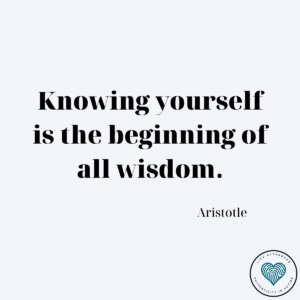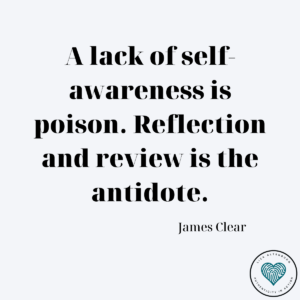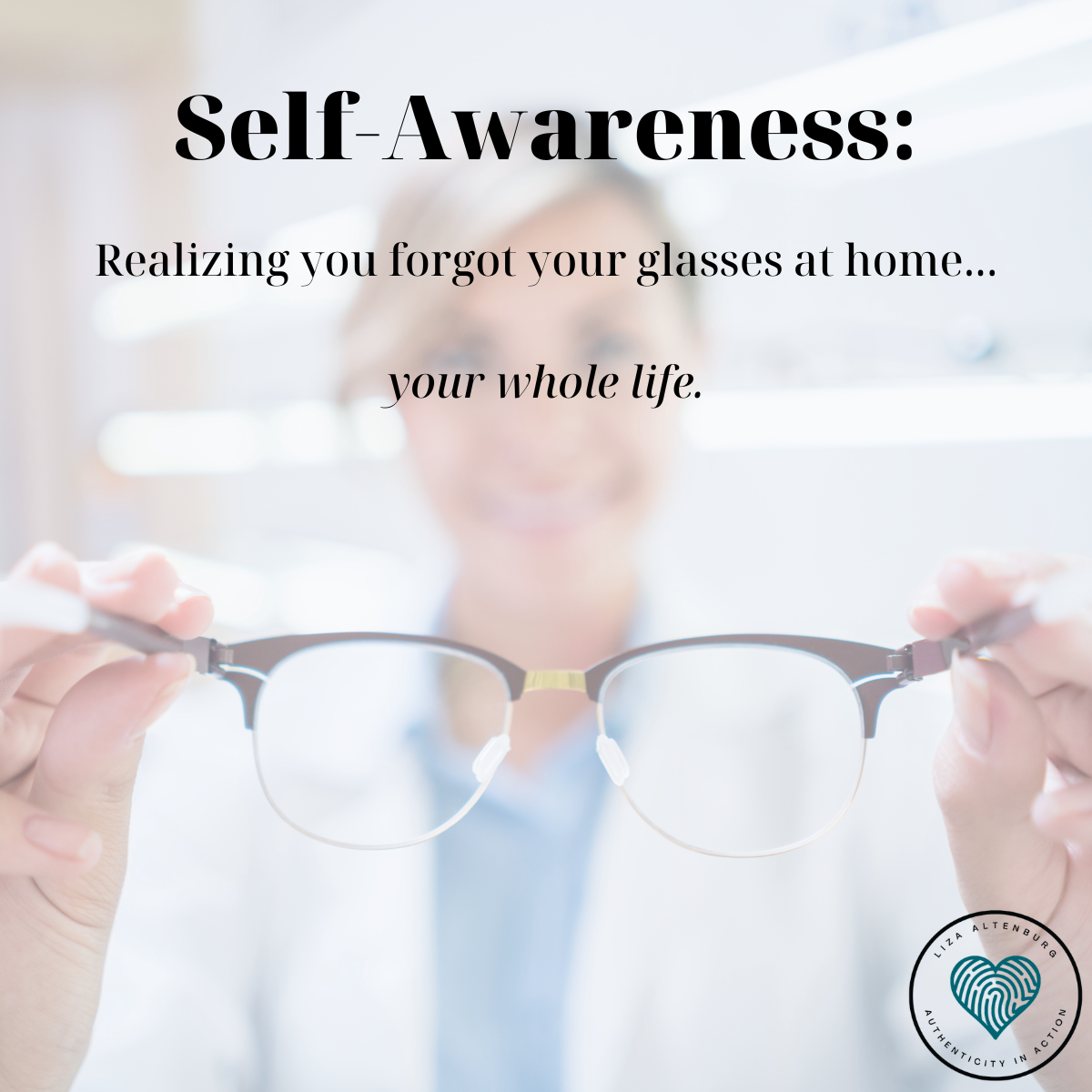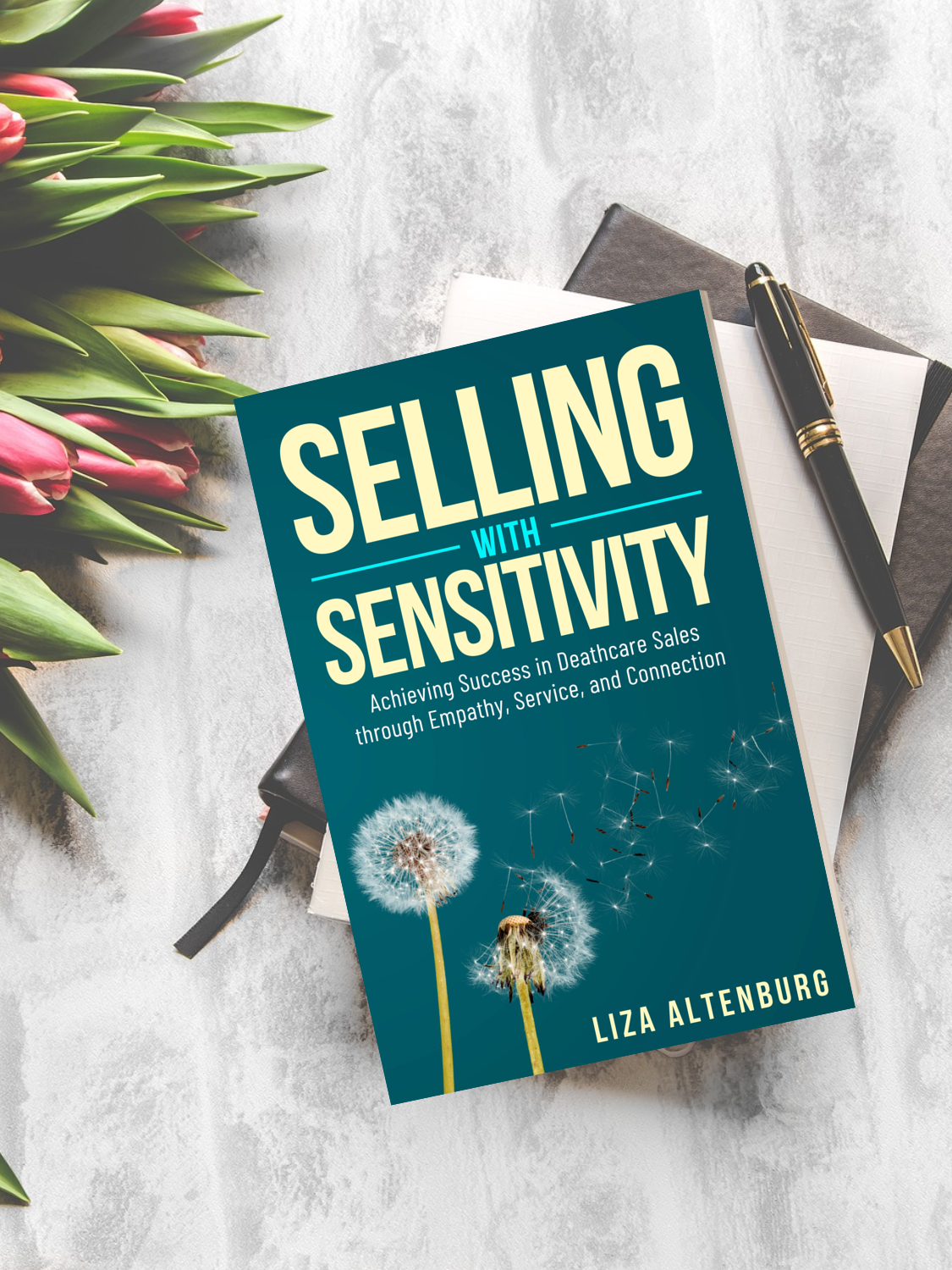Have you ever wondered why you behave the way you do, or how your personality traits shape your interactions with others?
Understanding yourself is a lifelong journey, and personal assessments have become invaluable tools in this pursuit. These assessments provide insights into our strengths, preferences, and behaviors; empowering us to navigate our personal and professional lives with greater self-awareness.

Among the various personal assessments available, two popular frameworks have gained widespread recognition: the Myers-Briggs Type Indicator (MBTI) and the DISC assessment. The Myers-Briggs assessment categorizes individuals into sixteen different personality types based on their preferences in four dimensions. On the other hand, the DISC assessment evaluates behaviors from three perspectives: the mask, the mirror, and the core. Each perspective offers a unique insight into how individuals adapt to social expectations, perceive themselves, and respond under pressure (which tends to be where our authenticity truly shines).
Let’s embark on this journey of self-discovery and explore the captivating world of personal assessments!
Myers-Briggs: Assessing Preferences
The Myers-Briggs Type Indicator (MBTI) is widely recognized for its exploration of personality preferences. It consists of four dimensions: extraversion/introversion (E/I), sensing/intuition (S/N), thinking/feeling (T/F), and judging/perceiving (J/P). Each dimension represents a spectrum of preferences, and individuals are assigned a four-letter type based on their dominant preferences in each dimension.
Let’s use Extroversion/Introversion as an example to discuss how MBTI can help with self-awareness.
When we think of extroversion and introversion, certain stereotypes often come to mind. We might imagine extroverts as outgoing, talkative individuals who thrive in social settings, while introverts are seen as shy, reserved individuals who prefer time at home with their pets to social situations. These stereotypes, however, can be gross misconceptions. Extroversion and introversion are not simply black-and-white categories.
The true differentiator lies in how individuals recharge their batteries. It’s not solely about being purely extroverted or introverted. Most individuals exhibit a combination of extroverted and introverted tendencies. Some may lean more towards extroversion, while others lean more towards introversion. Understanding where we fall on the spectrum helps us recognize our energy sources and the environments in which we thrive.
When we understand our energy sources, we can recognize the environments and activities that energize us or drain our energy. By identifying whether we lean towards extroversion or introversion, we can better align our lifestyles and create a balanced approach to personal growth and well-being.
Social behavior alone does not determine whether someone is an extrovert or an introvert. While extroverts may generally enjoy and gain energy from social interactions, they may still appreciate moments of solitude and introspection. Similarly, introverts may value their alone time but can still engage in social situations and enjoy connecting with others. The extroversion-introversion spectrum allows for a more nuanced understanding of our individual tendencies. We all possess unique combinations of social, energetic, and recharge preferences. By recognizing that we may not fall strictly into one category, we can better appreciate and understand the complexities of our own personalities and those around us.
The key lies in recognizing how we truly recharge and regain energy. By exploring our inner motivations and understanding our natural inclinations, we can gain a more accurate understanding of our extroversion or introversion tendencies.
The MBTI assessment provides a valuable framework for individuals to understand their preferred ways of interacting with the world, making decisions, and processing information. It offers insights into our natural inclinations and highlights the areas where we feel most comfortable or energized. By identifying our MBTI type, we can gain a better understanding of our strengths, communication styles, and potential career paths that align with our preferences.
While Myers-Briggs offers valuable insights into preferences, it has certain limitations when it comes to capturing the full range of human behavior. The assessment categorizes individuals into distinct personality types, which may oversimplify the complexity of human nature. People are multi-faceted and dynamic, exhibiting different behaviors in various contexts and situations.
Moreover, the MBTI focuses primarily on preferences rather than behaviors. It provides a snapshot of our inherent tendencies but may not account for the diverse ways in which we adapt and respond to different circumstances. Our behaviors can be influenced by factors such as culture, upbringing, and personal experiences, which may not be fully captured within the MBTI framework.
While Myers-Briggs is a valuable tool for self-discovery, it is important to recognize that it has limitations, and consider alternative assessments that provide a more comprehensive understanding of our behaviors and responses.
As we delve deeper into the realm of personal assessments, let’s explore the DISC assessment, which offers a different perspective on understanding ourselves and our behaviors. By embracing a more holistic approach, we can gain a deeper appreciation for the intricacies of human personality and behavior.

DISC: Assessing Behaviors from Different Perspectives
In contrast to the Myers-Briggs assessment, the DISC assessment takes a unique approach to understanding behaviors. It evaluates our behaviors from three distinct perspectives, offering a multi-dimensional view of who we are. These perspectives are often referred to as the mask, the mirror, and the core.
- The Mask: Behaviors We Display Based on Expectations
The mask perspective represents the behaviors we exhibit in response to our perceived external expectations. It reflects how we adapt and present ourselves to meet societal or professional standards. If, for example, you feel that focusing on details is an expected behavior at work, your assessment will show that your Mask is detail-oriented.
- The Mirror: How We Perceive Ourselves
The mirror perspective provides insight into how we truly perceive ourselves. It delves into our self-awareness and reveals our internal view of who we are, stripped of societal influences or expectations. Exploring the mirror perspective helps us align our actions with our authentic selves and gain a deeper understanding of our motivations and values.
- The Core: Our Behavior Under Pressure or Stress
The core perspective delves into our behavior under pressure or stress, revealing our instinctual responses when faced with challenging situations. It often showcases our most authentic self when external factors push us out of our comfort zone. Understanding our core behavior helps us identify areas for personal growth and develop strategies for managing stress effectively.
By incorporating these three perspectives, the DISC assessment provides a comprehensive understanding of our behaviors. It goes beyond preferences and delves into the complexities of human behavior, offering insights into how we adapt, perceive ourselves, and respond under various circumstances. This multi-faceted approach allows for a more nuanced and accurate portrayal of who we are as individuals.
Let’s consider an example: Imagine a person who, based on societal expectations, puts on an outgoing and confident mask in social settings (mask perspective). However, deep down, they perceive themselves as introverted and reflective, finding solace in quiet moments of self-reflection (mirror perspective). Under pressure, they may exhibit assertiveness and fast-decision making, showcasing their true core behavior.
Examining these perspectives together provides a holistic understanding of this person’s behaviors. It helps us recognize the complexities of human nature, the interplay between our internal and external worlds, and the importance of context in shaping our behaviors.
As we continue our exploration, let’s uncover how the DISC assessment’s comprehensive nature enhances our self-awareness, facilitates personal growth, and enables us to build stronger connections with others.
The Synergy of Myers-Briggs and DISC
Both the Myers-Briggs and DISC assessments offer valuable insights into understanding ourselves and others. Myers-Briggs provides a framework for identifying our preferences, highlighting our natural inclinations and strengths. On the other hand, DISC offers a comprehensive view of our behaviors from multiple perspectives, capturing our adaptability, self-perception, and responses under pressure.
The synergy between Myers-Briggs and DISC lies in their complementary nature. While Myers-Briggs helps us understand our preferences, DISC provides a deeper understanding of how we translate those preferences into behaviors. Myers-Briggs offers a foundation for self-awareness, and DISC enhances it by capturing the nuances of our actions and reactions in different contexts.
For instance, someone with an MBTI preference for introversion may discover through DISC that their mask behavior leans more toward extraversion in professional settings. This insight can help them navigate their work environment effectively while honoring their introverted nature. By combining the two assessments, we can gain a richer and more nuanced understanding of ourselves and how we interact with the world.
To achieve a comprehensive self-overview, it is beneficial to utilize both Myers-Briggs and DISC assessments in conjunction. Myers-Briggs provides a foundation for understanding our preferences and personality type, giving us insights into our natural tendencies and cognitive processes. DISC then expands upon this foundation, capturing the complexities of our behaviors from multiple angles.
By integrating the insights from both assessments, we can gain a holistic understanding of our personality, preferences, behaviors, and responses. This comprehensive self-overview equips us with a deeper awareness of ourselves, enabling personal growth, effective communication, and improved interpersonal relationships.
Remember, self-discovery is a journey, and personal assessments serve as valuable tools along the way. By embracing the strengths of both Myers-Briggs and DISC, we can embark on a more comprehensive exploration of who we are, unlocking our full potential and leading a more fulfilling life.


